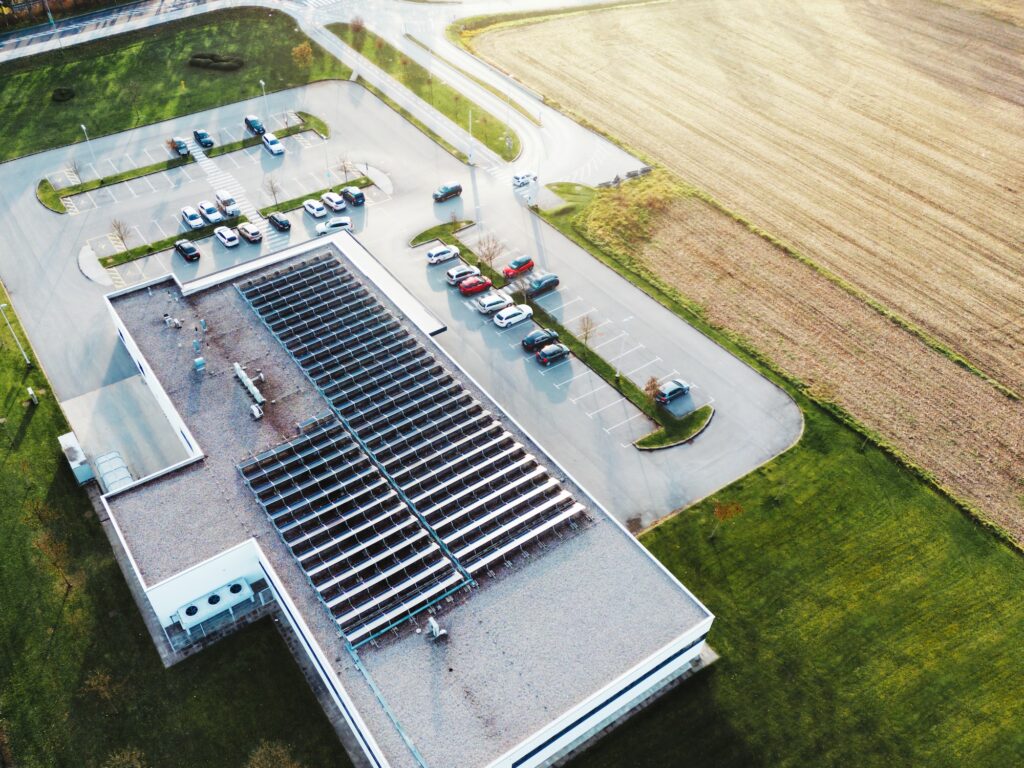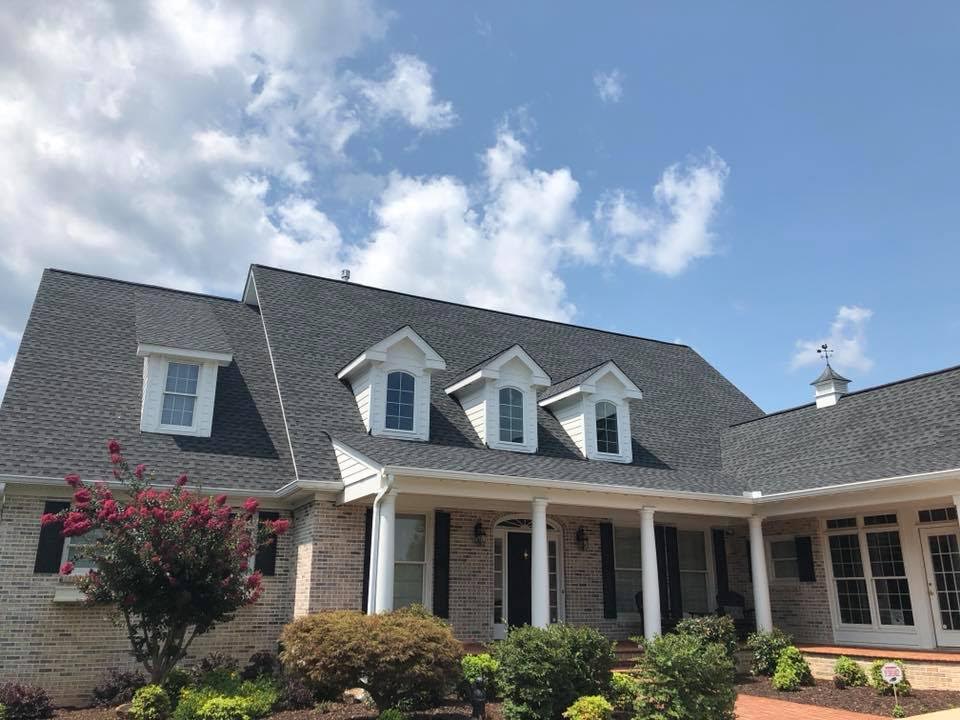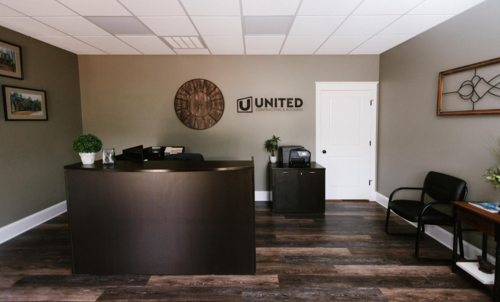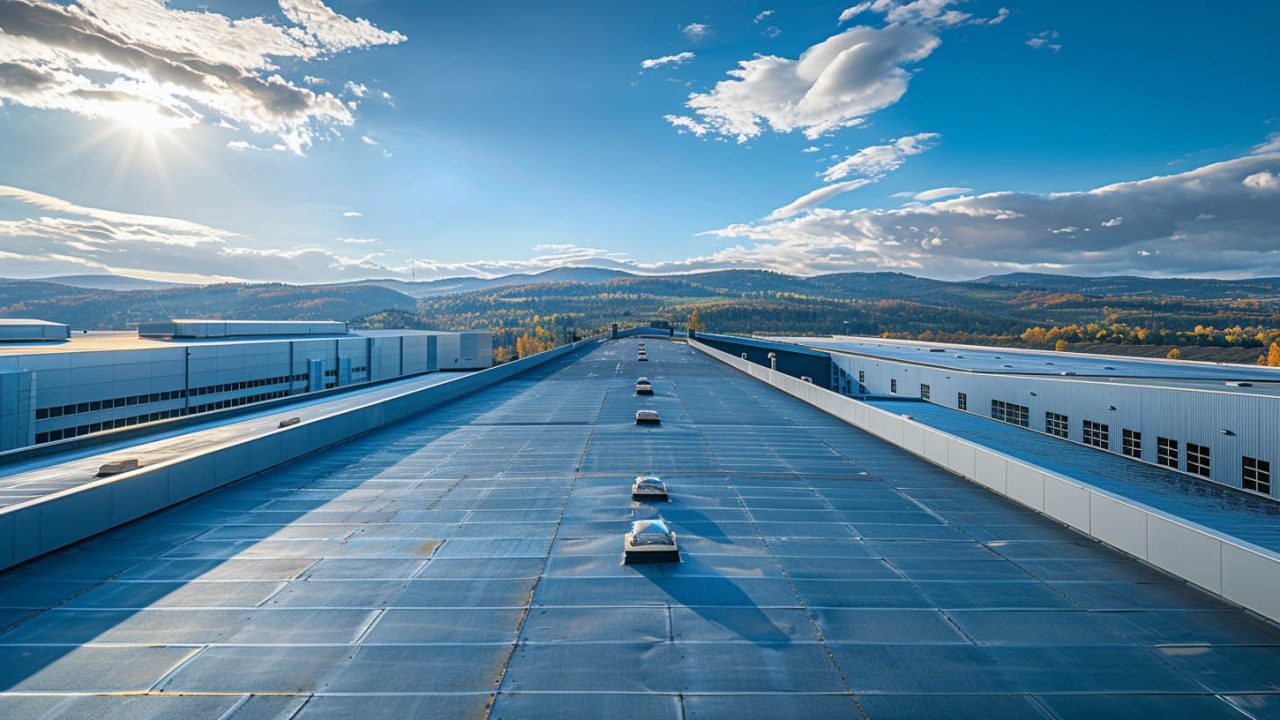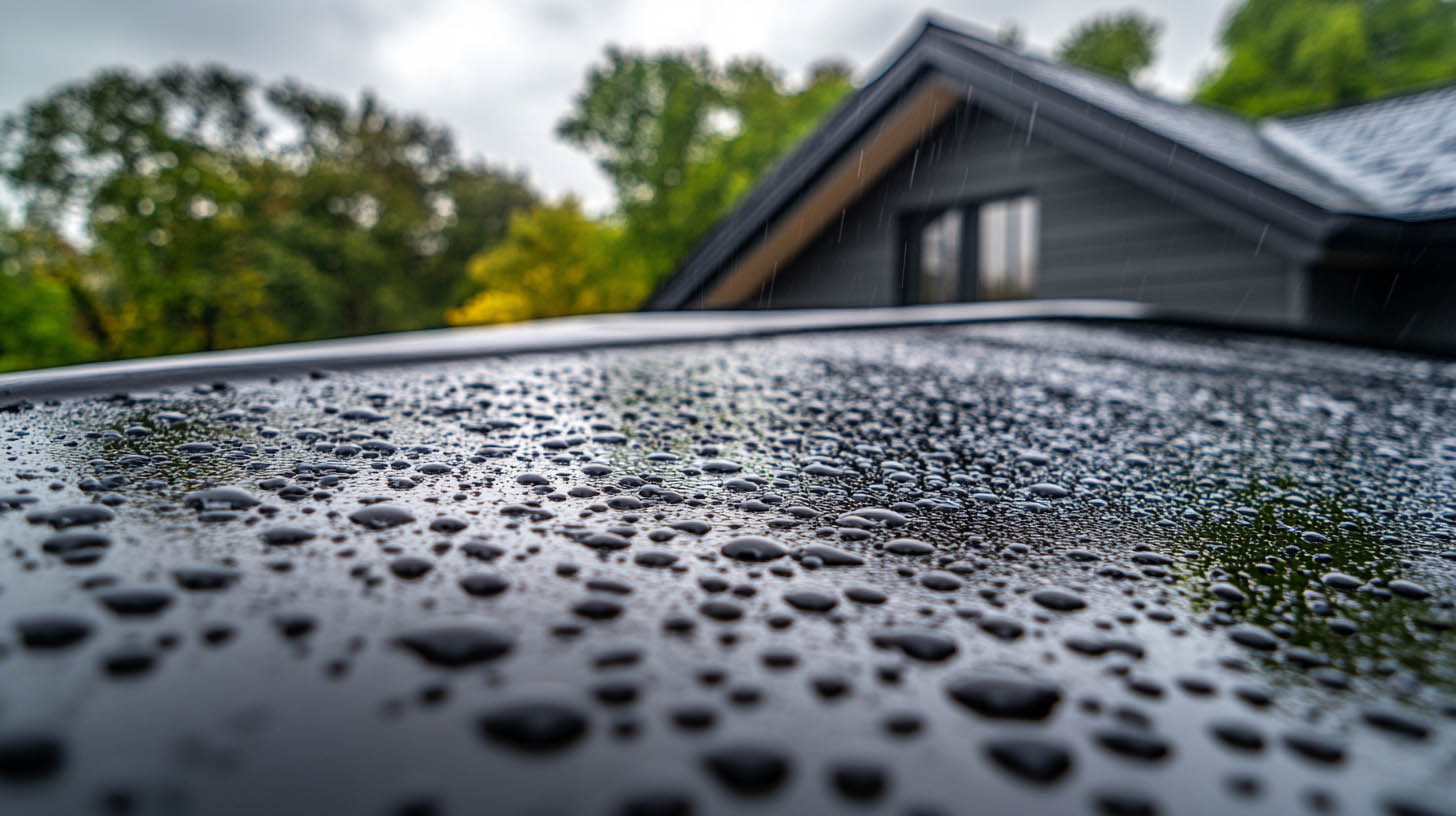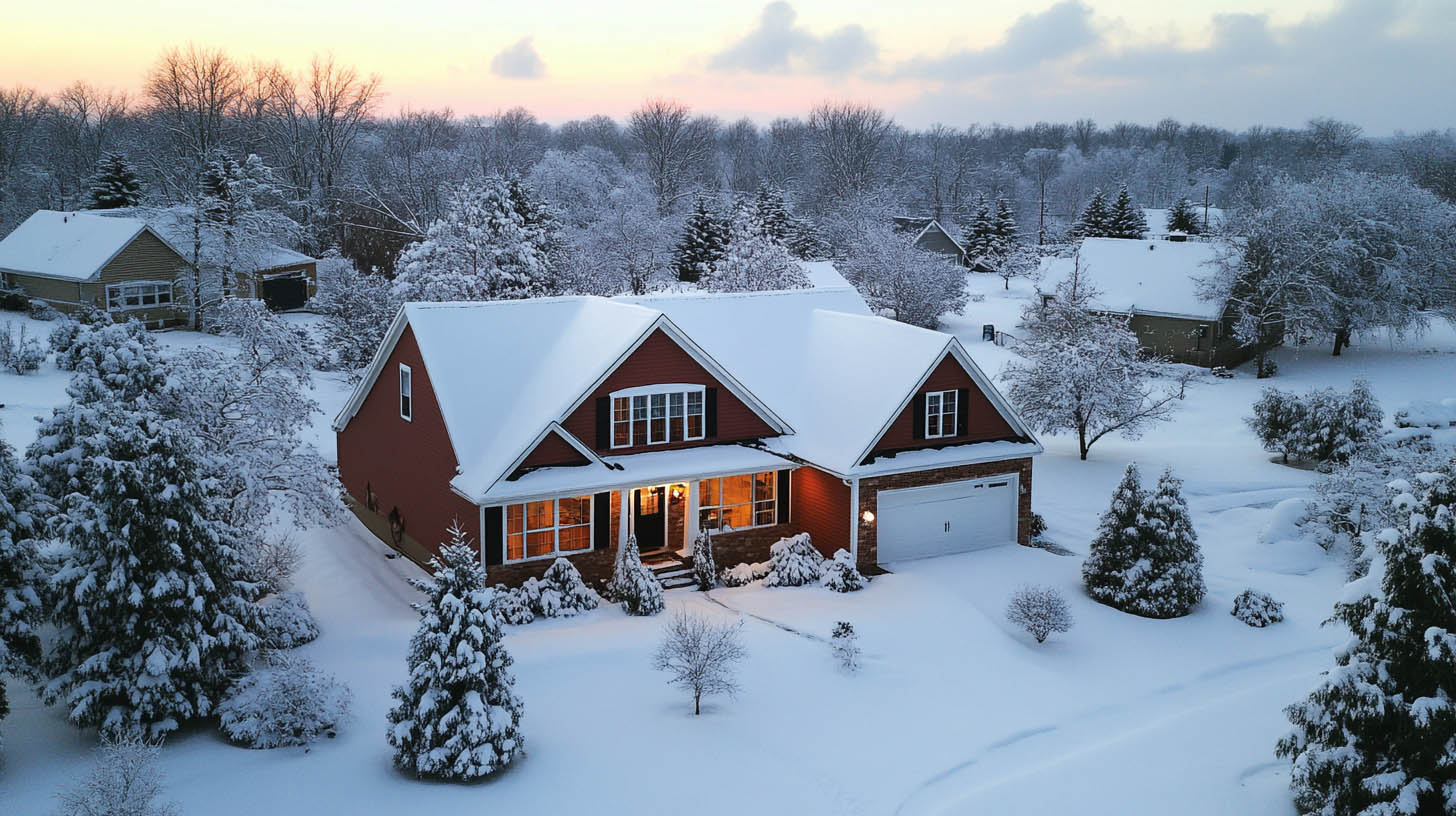Choosing the right roofing system for your commercial facility is a critical decision that can significantly impact the longevity, energy efficiency, and maintenance costs of your building. United Contracting & Roofing LLC provides expert guidance and top-notch installation services to help you make the best choice for your needs.
Assessing Your Facility’s Needs
Chemical Resistance
If your facility emits chemical exhaust, such as in manufacturing plants, food processing plants, or laboratories, it is essential to choose a roof system that can withstand chemical exposure. Options to consider include:
- Thermoplastic Polyolefin (TPO) and Polyvinyl Chloride (PVC): These materials are resistant to a wide range of chemicals and pollutants, including acids. TPO and PVC are excellent choices for facilities that require high chemical resistance.
- Metal Roofs: Metals like aluminum and stainless steel offer corrosion resistance and can handle exposure to various chemicals. Coated metal roofing systems with corrosion-resistant finishes provide enhanced protection.
- Spray Polyurethane Foam (SPF) and Silicone Roof Coatings: These solutions are flexible, easy to install, and can improve the chemical resistance of existing roof systems.
Fire Resistance
For buildings exposed to fire hazards, such as those in wildfire-prone areas or facilities with open fire operations, fire-resistant roofing materials are crucial. Consider the following:
- Metal Roofs: Steel, aluminum, and copper roofs are inherently fire-resistant, non-combustible, and often rated Class A for excellent fire protection.
- TPO and PVC: These materials are rated Class A, resist flame spread, and do not combust easily. They are suitable for buildings where fire safety is a priority.
Weather and Temperature Extremes
Facilities in regions with harsh weather conditions and temperature fluctuations need robust roofing systems. Options include:
- Metal Roofs: These are resistant to high winds, heavy snow loads, and hail. Metal roofs can also be coated to improve resistance to rust and corrosion.
- Built-Up Roofing (BUR): BUR systems offer multiple layers of protection, making them durable and resistant to extreme weather and impact damage.
- TPO and PVC: These membranes are flexible, resistant to UV radiation, and can withstand temperature extremes, making them ideal for regions with significant temperature variations.
Environmental Impact
For facilities focused on sustainability and energy efficiency, consider the following roof systems:
- Cool Roof Systems: These reflective surfaces reduce heat absorption, lowering cooling costs and reducing temperature-related stress on the roof.
- Garden Roofs: Also known as green roofs, these installations include vegetation that provides natural insulation, reduces the urban heat island effect, and manages stormwater runoff.
- Daylighting and Solar Enhancements: Skylights and solar panels help lower electricity bills and reduce reliance on grid power.
For more information on green roofing solutions, click here.
Compliance with Codes and Regulations
Facilities subject to strict codes and regulations, such as hospitals or cold storage facilities, need specialized roofing solutions. Consulting with professionals who have experience in regulated environments is essential.
Conclusion
Selecting the right roof system for your commercial facility involves evaluating your specific needs and challenges. Whether you need a roof that resists chemicals, fire, harsh weather, or minimizes environmental impact, United Contracting & Roofing LLC in Greenville, SC, offers expert guidance and quality roofing solutions to meet your requirements.For more detailed information on Understanding Flat White Roofs, click here.

